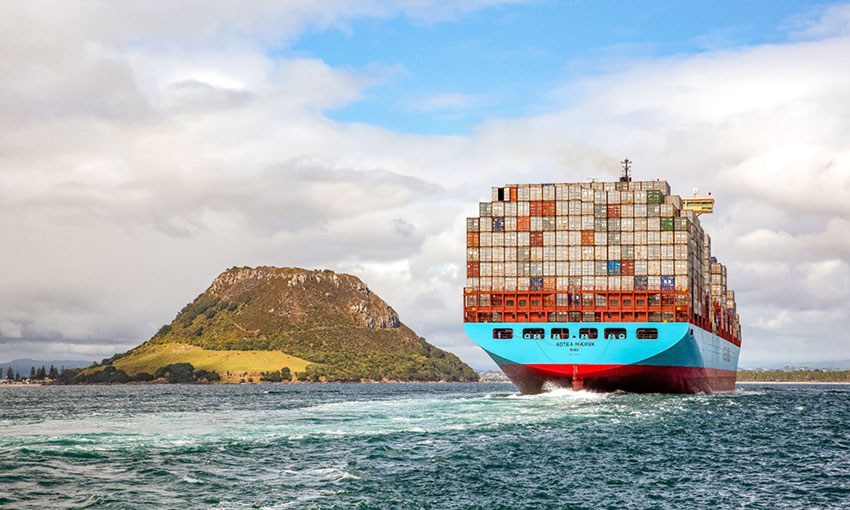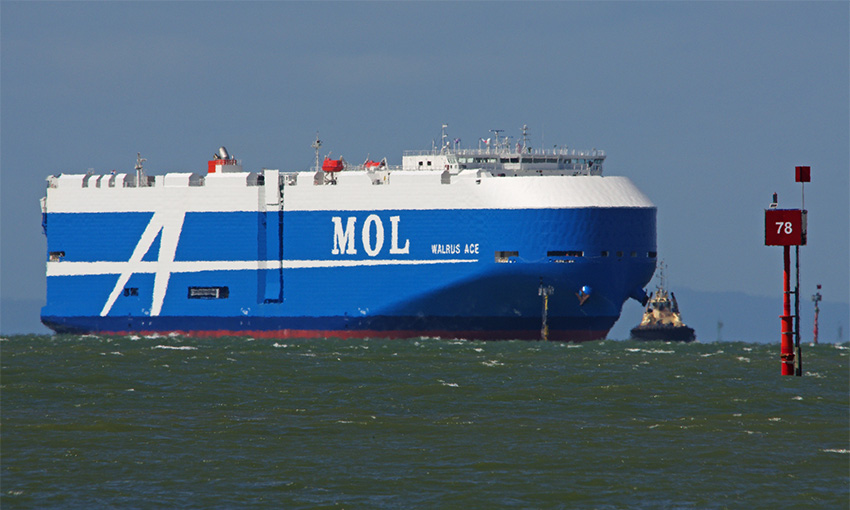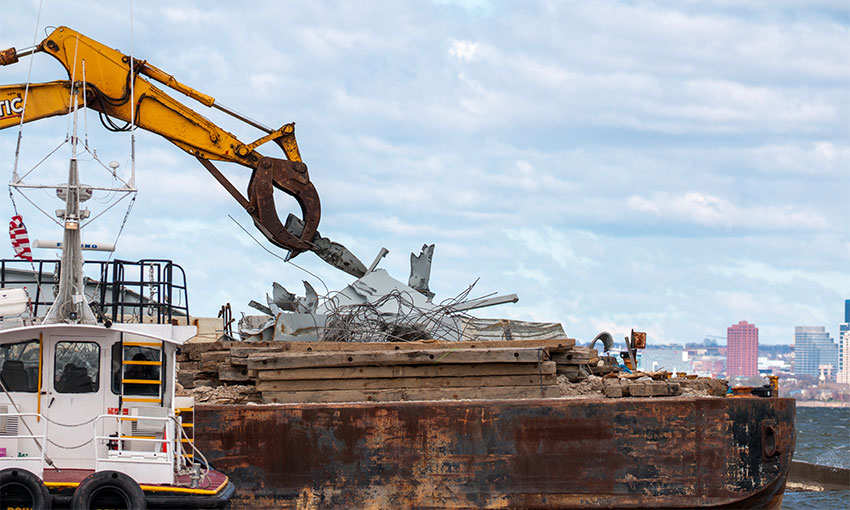MAERSK is launching a new dedicated New Zealand coastal service called Maersk Coastal Connect.
The company said the service would “enable a more resilient New Zealand supply chain and improve vessel schedule reliability”.
Maersk said it is the first service of its kind in the 25 years it has operated in the country.
The move comes after Maersk two weeks ago axed two New Zealand services – the Polaris and the Sirius Star, which connected New Zealand with Brisbane and Fiji, respectively.
The new Maersk Coastal Connect service is to deploy the two 2500-TEU containerships Maersk Nadi and Maersk Nansha on a weekly basis.
The ships will call the ports of Timaru, Lyttelton, Nelson, Auckland and Tauranga. Timaru, Nelson and Tauranga will get weekly coverage, and Auckland and Nelson will have fortnightly coverage.
Maersk said the combined north to south and south to north capacity will reach 250,000 TEU each year.
Maersk Coastal Connect is to commence on 12 July. The service will be operated with New Zealand crew.
Maersk Oceania managing director Henrik Jensen said the COVID-19 pandemic had changed the world in many ways, and one of them in the logistics industry is customers’ increasing needs for more visible and resilient local and global supply chains.
“By operating two dedicated vessels, we can position empty containers to the right places more efficiently to meet export requirements. At the same time, we are enabling more than four days of additional schedule buffer to reduce impact from the supply chain disruptions, including port congestion, tidal windows, swell, lower port productivity and longer port stay,” Mr Jensen said.
“This will ensure smooth connections to our international mainliner network and benefit more than 2000 cargo owners in the country.”
Maersk Oceania head of market My Therese Blank said sea freight is the most environmentally friendly mode of transportation and the new service has the potential to significantly reduce carbon dioxide emissions.
“Based on GLEC methodology to calculate the representative cargo volumes, Maersk Coastal Connect is estimated to enable 43,000 tonnes of carbon dioxide savings per year compared to landside trucking service, contributing to Maersk’s 2030 targets for significant absolute emissions reductions,” Ms Blank said.





